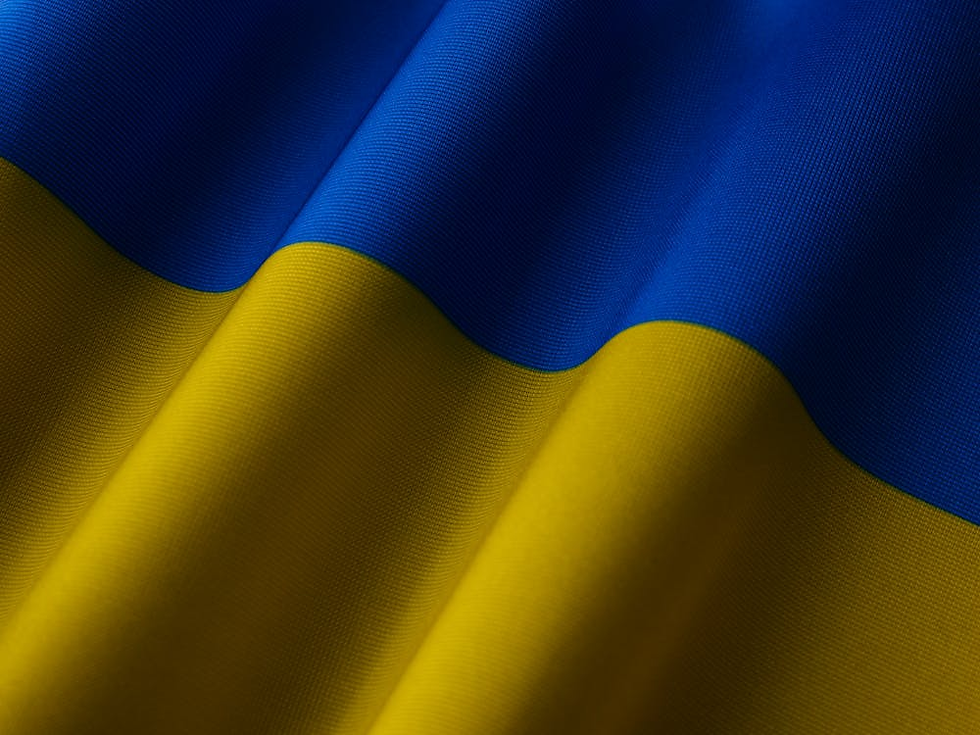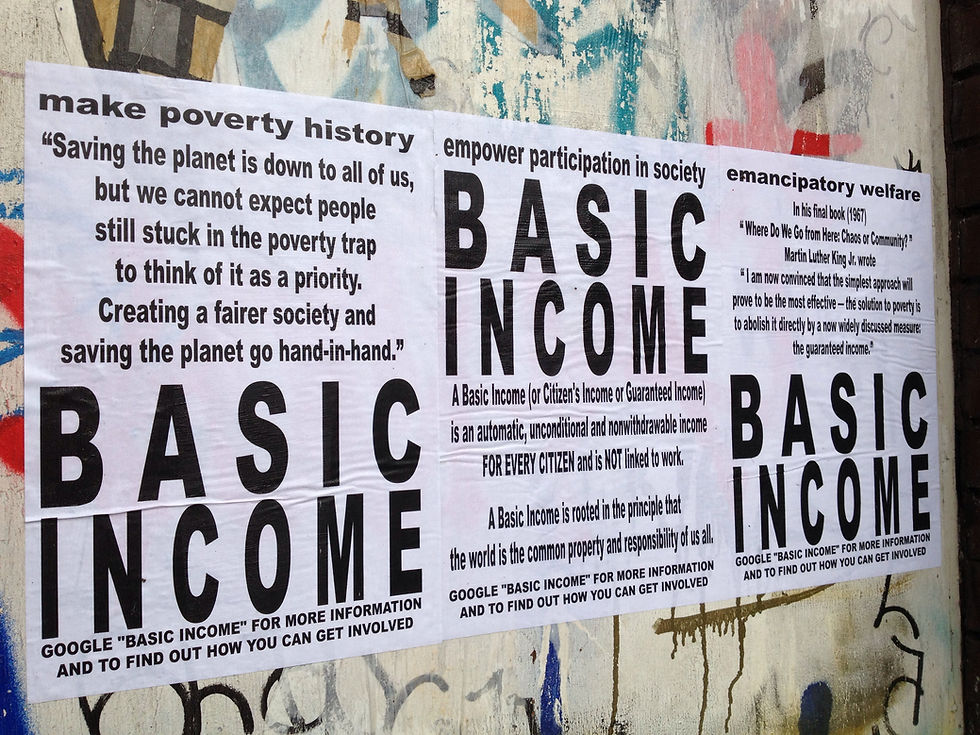Ukraine's President Bans Three Pro-Russian Media Channels
- Victoria Rose

- Feb 15, 2021
- 3 min read
Updated: Dec 23, 2024
On February the 2nd, President of Ukraine, Volodymyr Zelenskyy, signed off on the sanctions proposed by his National security team against three pro-Russian TV channels. Those implicated were 112, NewsOne, and Zik: channels Zelenskyy claims are a “Kremlin propaganda tool.” As a result, these TV channels have been taken down, however they can still be streamed on the internet.
These platforms have been linked to Taras Kozak, a politician allegedly “close to Vladimir Putin”. Ukrainian media also claims that Viktor Medvedchuk, the owner of these channels, was head of the council of For Life: a pro-Russian political party in Ukraine. Medvedchuk is also a very close friend of Putin, where Putin is the godfather to Medvedchuk’s 26-year-old daughter. Explaining the decision in a tweet, Zelenskyy posted that “Sanctions are a difficult decision. Ukraine strongly supports #FreedomOfSpeech. Not propaganda financed by the aggressor country that undermines Ukraine on its way to EU and Euro-Atlantic integration."

Zelenskyy was elected with 73% of the vote in 2018 - arguably a surprising outcome, considering his background as a star comedian whose only previous experience in politics has been playing the character of someone who accidentally landed the role of president in a popular TV series. However recent polls show that his approval ratings have fallen "well below 40%", reportedly “reflecting the public's dissatisfaction with his inconclusive politics as well as his frequent cabinet changes.”
Some have come out in support of this move, including Serhiy Leshchenko, a former member of Ukraine’s parliament, who said these sanctions have been a "powerful step", whilst describing the stations as a "Russian Trojan horse” for “disseminating Kremlin propaganda inside the country." Meanwhile, advisor Mykhailo Podolyak, stated these channels were “quite actively and often openly used as tools of foreign propaganda in Ukraine.”
Yet, other strong critics have expressed concerns regarding freedom of media. Josep Borrell, EU High Representative for Foreign Affairs, rebuked this move. He said: “Given the scale of disinformation campaigns affecting Ukraine including from abroad, this should not come at the expense of freedom of media,” in a statement.
Furthermore, the decision sparked outcry from Zelenskyy’s key ally, Dmytro Razumkov, speaker of the Ukrainian Parliament, who stated that “sanctioning TV networks is bad, no matter who they belong to." He also abstained from voting the sanctions in. Zelenskyy himself had previously promised not to sanction any media outlets, pledging that he would “never, ever shut down any TV networks”.
Of course, Russia too has condemned the move, with the Kremlin’s press secretary arguing that the "prohibition of the work of electronic media is contrary to international law" due to it "not meeting the principles of freedom of the media."
This move is just the latest in a series of actions taken against those considered to be Russian figures. The apparent crackdown began in late January, following the inauguration of US President Joe Biden. Biden had previously “overseen Ukraine policy while serving as vice president from 2009 to 2017”, while the USA has been one of the biggest backers of Ukraine, giving it more than $1.6 billion in military aid since 2014 “to combat Russian aggression as well as billions in financial aid”.
These tensions are the result of an ongoing dispute between Ukraine and Russia, since Russia annexed Crimea in 2014. As a result, Ukraine banned Russian language TV stations, and cut transport links such as flights between Moscow and Kyiv.
On the 8th of February, the government of Ukraine then banned Russia’s Sputnik V coronavirus vaccine. This is despite Ukraine having no access to vaccines of its own, and the country’s increasing death toll. The UK’s Lancet magazine also confirmed that the Russian vaccine is safe, with a 90% efficacy rate. Instead, Zelenskyy has said that they will begin their first phase of the vaccination rollout later this month.
This is likely to be a risky move, as Ukraine is already polarised, with millions of its citizens being Russian speaking, without necessarily supporting the Kremlin. Moreover, these channels reportedly supported about 1500 jobs, yet they were cut without a court ruling, investigation, or “any convincing reason at all”.

_edited.png)



Comments